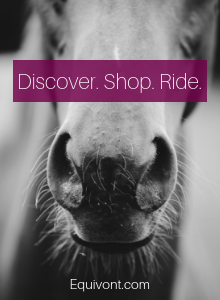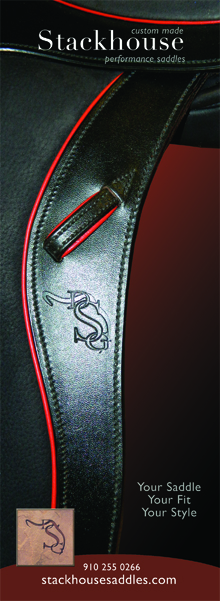Search the Site
Dr. Haefner's Blog post # 9: A Different Take on a Performance “State of Mind”

I recently participated in a training course on techniques and strategies to build core mindfulness skills. While there were many interesting strategies that will be helpful to my clients over time, I was struck by Sheri Van Dijk‘s presentation regarding states of mind. She focused her presentation on two specific states of mind, the Rational Mind and the Emotional Mind and talked about the distinction between them. I think the ideas she presented are directly relevant to what we desire as a performance state of mind.
Van Dijk defines the Rational Mind as our rational and logical side. In our Rational Mind, reason prevails. While emotion may be present when we are in a rational state of mind, it is well situated into the background and does not impact our actions. This is our inner analyst or engineer, cold and calculating. It is not hard to see the benefits of a well-developed rational mind. Simply imagine responding to a crisis situation with a horse. In these emotionally heated moments it is incredibly helpful to maintain your presence of mind and continue thinking clearly as you find your way to a solution. We live in culture where the Rational Mind is so highly valued (perhaps overly so) that it is a little harder to see where acting from this state of mind might be negative. The most common examples involve the welfare of others. For example, it may be perfectly logical from a financial standpoint to euthanize a horse that requires expensive veterinary care. However, this ignores our moral and ethical obligations for the welfare of our equine partners which we take on when choosing to own and care for horses.
In our Emotional Mind, our emotions and feelings prevail. While reason may be present, our actions are driven by our feelings and emotions. We have all been in a situation with our horses where our emotions get the best of us. Can you remember a time where your behavior with your horse was a reaction to frustration and anger, rather than what you knew to be right? I certainly can. It is also important to remember that our Emotional Mind is not always negative and does not always involve negative emotions. At times we can make choices based solely on warm, loving, compassionate feelings that in many ways defy logic. These positive emotion-based choices and behaviors may be laudable and even heroic or, they may serve to perpetuate or exacerbate a problem.
While it is helpful in and of itself to be reminded of these two states of mind, Van Dijk goes on to describe the intersection of the two states which she calls the Wise Mind. In the Wise Mind we hold both our capacity for reason and our capacity to feel. It is a space where the contributions of each are recognized and cherished. In this state, we balance the impact of logic and emotion in a way that best meets the demands of any given situation. It does not mean a rigid 50/50 split, but rather an appreciation that some situations demand more of one without ignoring the importance of the other.
I would argue that part of an ideal performance state includes us being centered in our Wise Mind. Like other helpful and adaptive states, the Wise Mind needs to be cultivated. It is a capacity that, while occurring naturally for most of us in at least some situations, isn’t often readily available in high pressure situations. Cultivating our Wise Mind starts in awareness of our mental and emotional processes. As we grow in our awareness, we can also grow in our acceptance of these thoughts and feelings. Acceptance is as important as awareness, because acceptance allows us access to all of what we think and feel and leaves us less vulnerable to the influence of the thoughts and feelings we consider to be undesirable. Awareness and acceptance then leads to access to our thoughts and feelings, as well as the resulting pause between situation and reaction that allows us to make a choice.
I encourage everyone to play with these ideas. Let me know how this take on states of mind helps you as you progress toward your riding goals.






